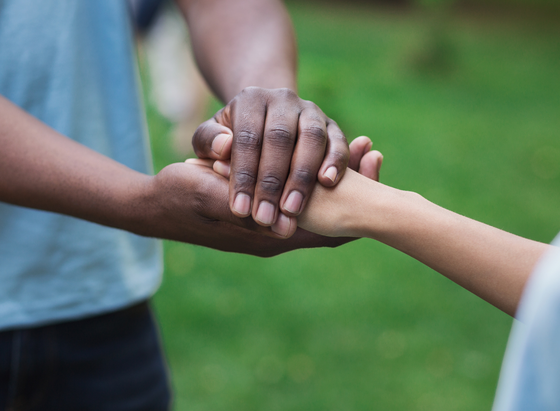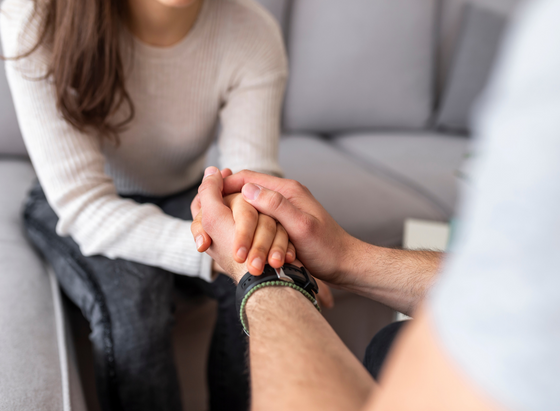Prescription drug rehab

Written by:

Medically Reviewed by:
This Page was last reviewed and changed on May 7th, 2024
Prescription drug rehab is by far the best solution towards tackling prescription drug addiction and helping people to regain a sense of normalcy. You can rest assured knowing that you will receive a supervised prescription drug detox, where you’ll be carefully monitored to make sure you remain safe and well. Furthermore, you’ll receive pioneering prescription drugs treatment from high-quality therapists, who’ll be able to get to the root cause of how your dependence started. Such treatments combined can help clients regain physical and mental strength, so you can embark on a new and healthier chapter. Let’s take a closer look at prescription drug rehab and what it entails.

What is prescription drug rehab?
A prescription drug treatment programme is a process that helps people learn healthy coping mechanisms so they no longer rely on medication for emotional support. Whether they’re attending opiate rehab, benzodiazepine rehab or any other prescription drug treatment programme, clients will undergo a medical detox and receive extensive therapy to heal from their dependency – both physically and mentally.
Some people attempt to quit prescription drugs alone. We strongly advise against this as it could be counterproductive and dangerous, given as it has a high risk of relapse and overdose. Meanwhile, in a professional rehab facility such as Sanctuary Lodge, medical specialists will be able to keep an eye out for and eliminate any risks, so you are safe from harm. A prescription drug rehab centre will offer a fresh, and healthy environment that is more likely to help you succeed on your recovery journey. Click either link below to learn about rehab from different types of prescription drug addictions:
Antidepressant addiction treatment
Professional antidepressant addiction treatment can be a life-changing process. Click on the button provided below if you are interested in learning more.
Benzo rehab
Sanctuary Lodge is a modern private rehab for addiction, providing detoxification from a variety of substances, including benzodiazepines, as well as a personalised rehab programme.
Opioid rehab
Sanctuary Lodge is a state-of-the-art rehabilitation facility providing private detox from various substances, including opiates, as well as personalised rehabilitation.
Sleeping pill addiction treatment
Sleeping pills addiction treatment can be just as challenging as that for illicit drugs. Click the button below to learn more.
Stimulant addiction treatment
Our three-stage stimulant addiction treatment has been expertly designed to address the complexity of the condition.
Choosing the right prescription drug rehab for you
It’s important to make the right decision when choosing which drug rehab to attend. Some things to consider are:
- Whether you opt for NHS rehab or private rehab
- The location of the prescription drug rehab
- The facilities and utilities each prescription drug rehab offers
Public vs. private prescription drug rehab
At first glance, NHS and other public rehab facilities are cheaper than private rehab and may seem a tempting choice. However, the lower costs can come at a high price. Public rehab facilities usually take weeks to admit new residents due to the high volume of clients, and they’re likely to provide a general treatment programme. Whereas private rehab can admit clients straight away and thus provide specialised and thorough prescription drug treatment.
Location of the rehab
The location of the prescription drug rehab treatment programme is important to take into consideration. If the rehab is far from home, you’ll be at a fair distance from your go-to triggers, which could reduce any temptation to relapse. However, choosing to attend a rehab in reasonable proximity to your loved ones will mean that support is also not too far away, and they can visit you for weekly family therapy sessions if you all wish. This is likely to boost you further toward recovery.
Prescription drug treatment at Sanctuary Lodge
Our prescription drug rehab is well equipped with beds and quality health care workers, and we also provide an in-depth treatment plan. We offer exercise facilities and an array of therapies, alongside the 12-step methodology, to give residents mental, physical, and emotional healing, such holistic approaches increase your chance at successful recovery for the long run.
Our prescription drug rehab focuses on cleansing the mind and the body of the effects of the prescribed drug. At Sanctuary Lodge, we make sure to help you pinpoint any underlying issues within your life that have contributed to your prescription drug use. Once you can understand your triggers, you will be able to find new and healthier ways of coping you’re your problems, without relying on prescription drugs.
We create the environment for residents to have these open conversations, so they can be honest with themselves and implement some positive changes. This is done through setting up one-on-one visits with mental health professionals as well as frequent group sessions, to allow for personal and group healing time. That way, you’ll be able to receive support from a professional and gain strength from others who are going through similar challenges.
In addition to talking therapies and psychiatry, we provide many holistic forms of prescription drug treatment, such as sound therapies, yoga and art therapies. Such methods aim to provide you with a full, well-rounded treatment plan, to steer you towards recovery.
What to do next?
We, too, would like to see you well, safe and happy. The road to recovery is not easy, but it is necessary, and it can be made easier and safer with the help of the right people. We’re committed to guiding you through it.
If you have any questions about prescription drug rehab, please reach out to us today.









